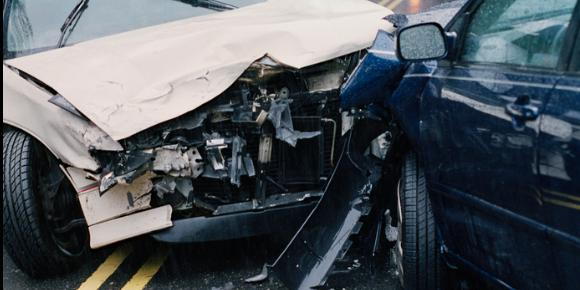
Measuring Damages in an New Jersey Automobile Injury Lawsuit
- posted: Nov. 29, 2023
- Car Accidents
If you are hurt in a car crash, you may be entitled to sue another driver who was at fault. In New Jersey, your right to sue depends upon the type of auto insurance you carry. In the most common policies, there are lawsuit limitations, which mean you can sue only for defined types of serious injuries for which the damages exceed the amount of your personal injury protection (PIP) coverage.
However, if a lawsuit is possible, you can recover not only your economic damages, such as medical bills and lost wages, but also damages for pain and suffering and emotional distress. Noneconomic damages can often greatly exceed the out-of-pocket expenses you incur.
The following is a summary of factors that determine the damages you are likely to recover, and how these damages are established:
- Extent of your injuries — Thorough medical documentation is essential. This may include medical reports, X-rays, MRI scans and expert testimony from medical professionals regarding the degree and permanency of the injury.
- Medical and rehabilitation expenses — The financial burdens resulting from the accident are established by documenting your medical expenses, including hospital bills and the costs of other treatments such as surgeries, physical therapy, medical devices and prescription medications.
- Lost wages and future earning capacity — Many accident victims miss work and so suffer loss of wages. This loss usually can be proven by employment records. In cases of long-term or permanent disabilities, a vocational expert may be consulted to estimate future lost earnings.
- Pain and suffering —Proving the physical and emotional distress endured as a result of the accident can be challenging, as it involves subjective evidence. The courts allow the use of testimony from the victim and family members and expert witnesses to demonstrate the extent of pain and suffering.
- Property damage — Vehicle repair or replacement costs can be substantiated through repair bills, from appraisals or estimates from repair shops and from car valuation sources.
There may be a sizable difference between the damages you can prove and the amount you can collect. New Jersey follows the rule of comparative negligence in automobile injury lawsuits. It means that if you are found to be partially at fault for the accident, your damages award will be reduced proportionally. For example, if the jury determines that you were 20 percent at fault and your damages are $100,000, you will receive 80 percent, or $80,000.
An experienced automobile injury attorney can analyze your accident and its aftermath and can effectively quantify your damages using all available resources. Your attorney can also make the strongest case possible for minimizing your share of fault for the accident, thereby increasing the compensation obtainable.
Seigel Law in Ridgewood represents auto accident victims throughout North Jersey, including Bergen, Passaic, Essex and Hudson counties. Call our law firm at 201-444-4000 or contact us online to schedule your free consultation.

